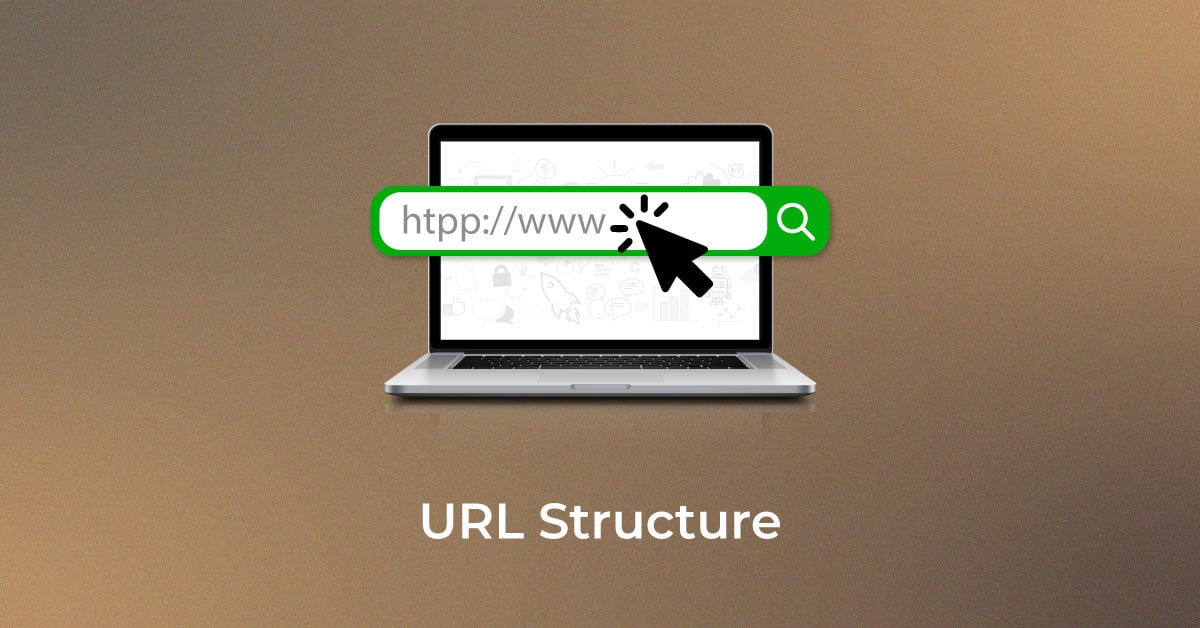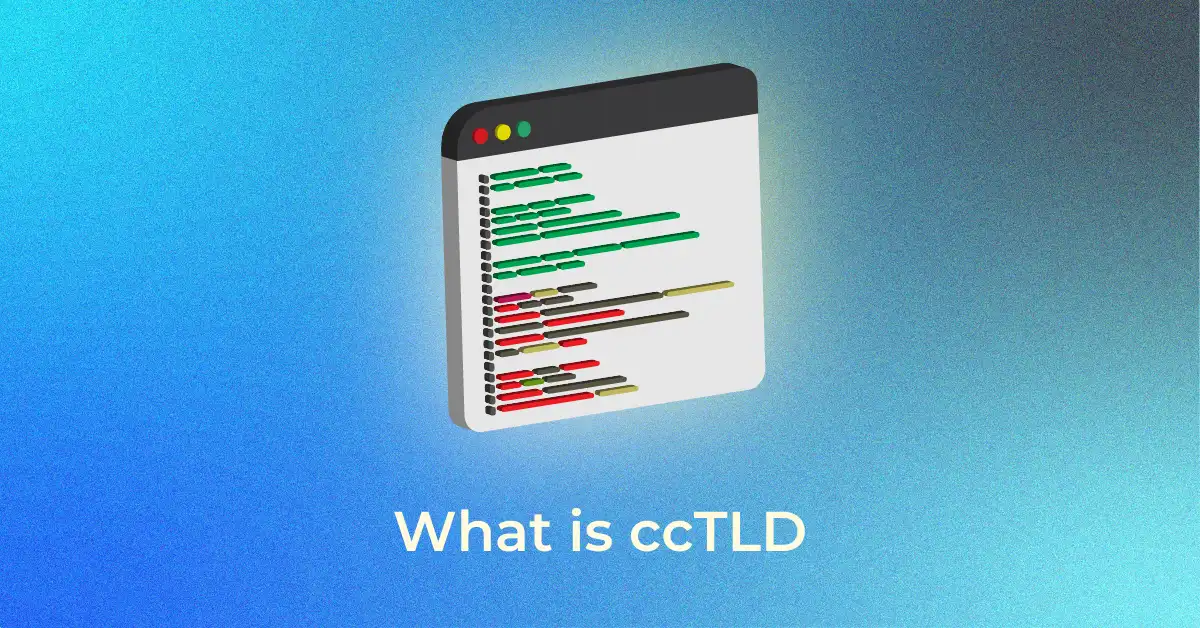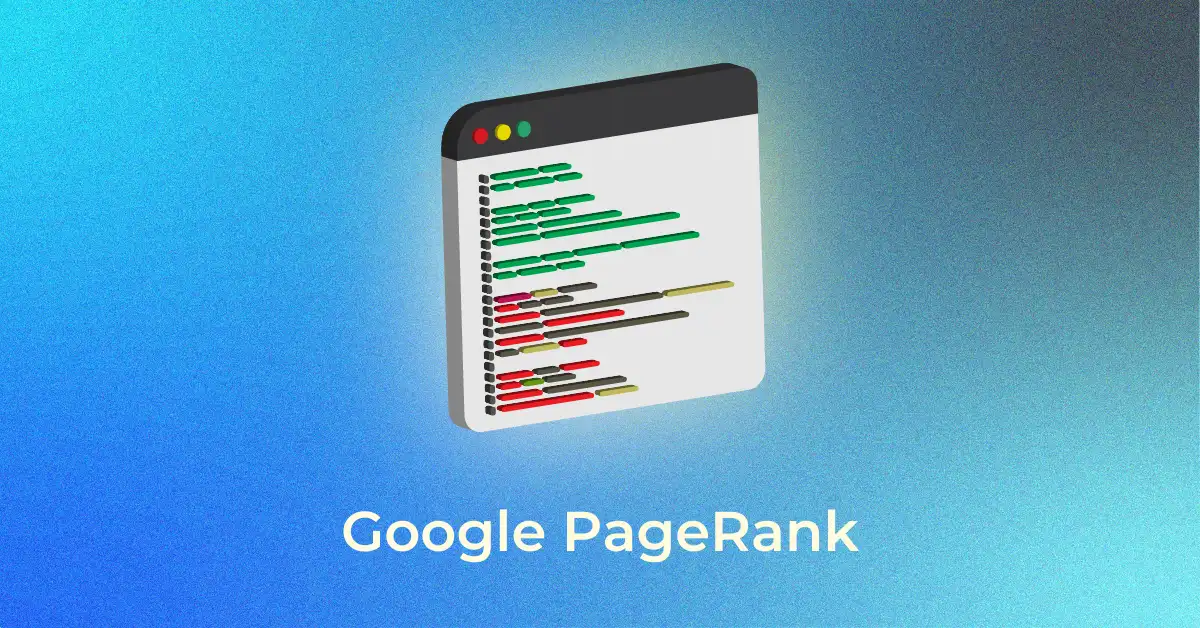Structured data, also known as schema markup, is a code that helps search engines understand your website’s content better. It’s like adding clear labels to your web pages so the search engines can categorize and display your content in a simplified way. But then, how do you ensure it is implemented correctly? That’s where structured data testing tools come in. These are powerful validators that help you identify errors and optimize your website to appear in richer search results.
In this article, we will examine the top schema testing tools and their various features. Our guide might help you understand what is schema markup in SEO and how to test it properly.
15 Structured Data Testing Tools to Improve Website Visibility

Rich Results Test
Rich results are an enhanced form of search results that look different from the usual blue links we see on Google. FAQ sections, product carousels, and knowledge panels are a few good examples. These results are designed to help users find relevant information more easily and quickly.
If you want to see if your structured data is eligible for these snippets, verify it on Google’s Rich Results Test. Just paste your website URL or a code snippet and click “Test.” This Google schema validator will check the desktop and mobile versions of your website for eligibility as well as markup errors. This tool primarily supports JSON-LD format for testing.
JSON-LD Playground
JSON-LD Playground tests your markup for syntax errors based on JSON (JavaScript Object Notation) standards. It provides a graphical representation of the structured data, helping you understand how search engines will interpret it. On this tool, you can edit the code directly within the tool and see the results of those changes in real time. JSON-LD is easier to use than Microdata or RDFa.
Schema.org
Schema.org is a collaboration between Google, Microsoft, Yahoo, and Yandex that provides a common set of schemas. It helps debug various schema types, including RDFa, JSON-LD, and Microdata, by providing definitions and examples. It shows the code for troubleshooting. For example, if a required field like “name” is missing, it will give an “Error: Missing required field ‘name’.” This resource follows industry standards.
SEO Site Checkup
This tool does a lot more than just testing schema markup. It is designed for SEO agencies, webmasters, and SMB owners. It offers website audits, speed tests, uptime monitoring, etc. When it comes to testing structured data in SEO, the tool provides detailed results. It shows the number of errors, their priority levels, and links to fixing guides. It provides actionable insights and also conforms to HTML Microdata requirements.
Email Markup Tester
Google’s Email Markup Tester helps validate your email HTML markup. It meets the standard specifications required for proper rendering and functionality in email clients like Gmail. Its testing process is very simple. All you have to do is input the HTML code from your email and click “Validate.” This schema validator by Google is especially beneficial for those looking to send event invitations, flight details, and more through email.
Schema Markup Generator
Attrock’s Schema Markup Generator allows you to generate various types of schema markups, including person, organization, logo, article, review, etc. You don’t need extensive knowledge of schema or coding to use the tool. For testing, the tool provides a direct link to the Google Rich Results Test. You can verify your markup there and come back to implement feedback.
RDF Translator
RDF Translator allows for seamless conversion from one data format to another. For instance, you can convert RDFa to JSON-LD or N3 to RDF/XML. The tool also provides a REST API, enabling developers to automate the conversion process by making HTTP POST requests with the data. This is not commonly supported by other free tools. Once you have the desired format, you can run a test for errors.
Search Console Structured Data Report
This free tool is available in your Google Search Console dashboard. It has an ‘Enhancements’ section with various data tests, such as breadcrumbs, product markup, and review snippets. The report breaks down data elements into three categories: valid elements, elements with warnings, and errors. This tool also provides an unparsable structured data report that aggregates structured data syntax errors. It helps you identify and correct major issues that prevent Google from recognizing the structured data type.
Structured Data Linter
Popularly known as the Linter, this tool supports various RDF formats like N-Triples, RDF/XML, and N3. It visualizes schema.org snippets and performs limited vocabulary validations. You can use it with Dublin Core, FOAF (Friend of a Friend), GoodRelations, SKOS (Simple Knowledge Organization System), etc. This tool is open for community contributions; you can suggest improvements or new features by filing issues on GitHub or forking the repository.
Microdata Tool
With this schema markup testing tool, you can browse and debug HTML5 microdata without needing to republish your site for each change. It is a jQuery drop-in script that you can include on your web page. The tool provides an interactive interface where you can hover over items in a white box to highlight the relevant HTML elements in the document. Additionally, it can be accessed both online and offline.
The RankRanger Structured Data Tool
The RankRanger Structured Data Tool helps ensure your structured data is accurate and complete. It supports various schema types, including COVID-19 special announcements. With this tool, you can easily copy, reset, and validate structured data. It allows for quick corrections and ensures data accuracy for URLs or code snippets.
The Chrome Structured Data Plugin
This extension turns your Chrome browser into a powerful auditing and research companion. With one click, you can see the embedded structured data on a page, displaying schema types, properties, and values. For large-scale testing, it offers a comprehensive view but does not provide an API for automated testing.
Merkle’s Schema Markup Generator
This schema creator supports over 40 schema types, including articles, events, products, recipes, and more. You can test your code directly within the tool. It will provide detailed feedback on any errors or warnings. This ensures that the structured data is compliant with the latest standards and ready for deployment.
Structured Data Markup Helper
This structured data testing tool lets you visually tag elements on your webpage. You can highlight and assign data tags to different components like name, author, and date published directly on the webpage. You won’t need any coding knowledge to use this tool. It is built with simplicity in mind. To run a structured data test, paste a URL or email HTML content into the given field. The tool guides you step-by-step.
Hall Analysis
Hall Analysis allows you to create structured data for six different data types: Local Business, Person, Product, Event, Organization, and Website. It will generate your markup quickly and also provide a link to Google’s Structured Data Testing Tool, where you can perform a thorough validation check. This ensures your code is error-free and fully optimized.
How to Fix Errors Found With a Testing Tool?
Fill in Missing Fields
One of the most common mistakes in implementing structured data is missing fields. To fix this, use a structured data testing tool and identify those fields. For example, if you forget to add the publishing date in a news article’s structured data, the tool will show an error like “missing: datePublished”. Once identified, you simply need to add “datePublished”: “2024-06-04” to the markup. This will ensure accurate interpretation and indexing of your content. It will lead to improved visibility in search results and eligibility for rich snippets.
Prioritize Those with the Most Errors
Errors in your structured data can prevent search engines from properly understanding your content, which can affect your search rankings. It’s necessary to identify and address these errors to maintain an accurate and effective markup. Tools like Google’s Structured Data Testing Tool can help pre-sort data types based on the number and severity of errors. This helps you find the most problematic areas first so you can address them and reduce further errors.
Fix Manual Actions
Manual actions by Google can result from issues like hidden text, keyword stuffing, or unnatural links. These problems can lead to significant drops in search engine rankings or even removal from Google Search results. Thus, you must address these errors promptly to mitigate their impact. Taking immediate action helps restore your site’s integrity. Follow Google’s Webmaster Guidelines to avoid manual actions and ensure compliance. Also, perform regular checks to ensure the website is adhering to these guidelines.
Let Infidigit Test and Manage Your Structured Data Accurately
Infidigit is your go-to for all your schema and SEO needs. Our team ensures your structured data is correctly implemented and optimized, boosting your site’s visibility and performance. We offer services like schema creation, validation, and continuous monitoring to keep your website at the top of search results.
Popular Searches
How useful was this post?
4.3 / 5. 8





















